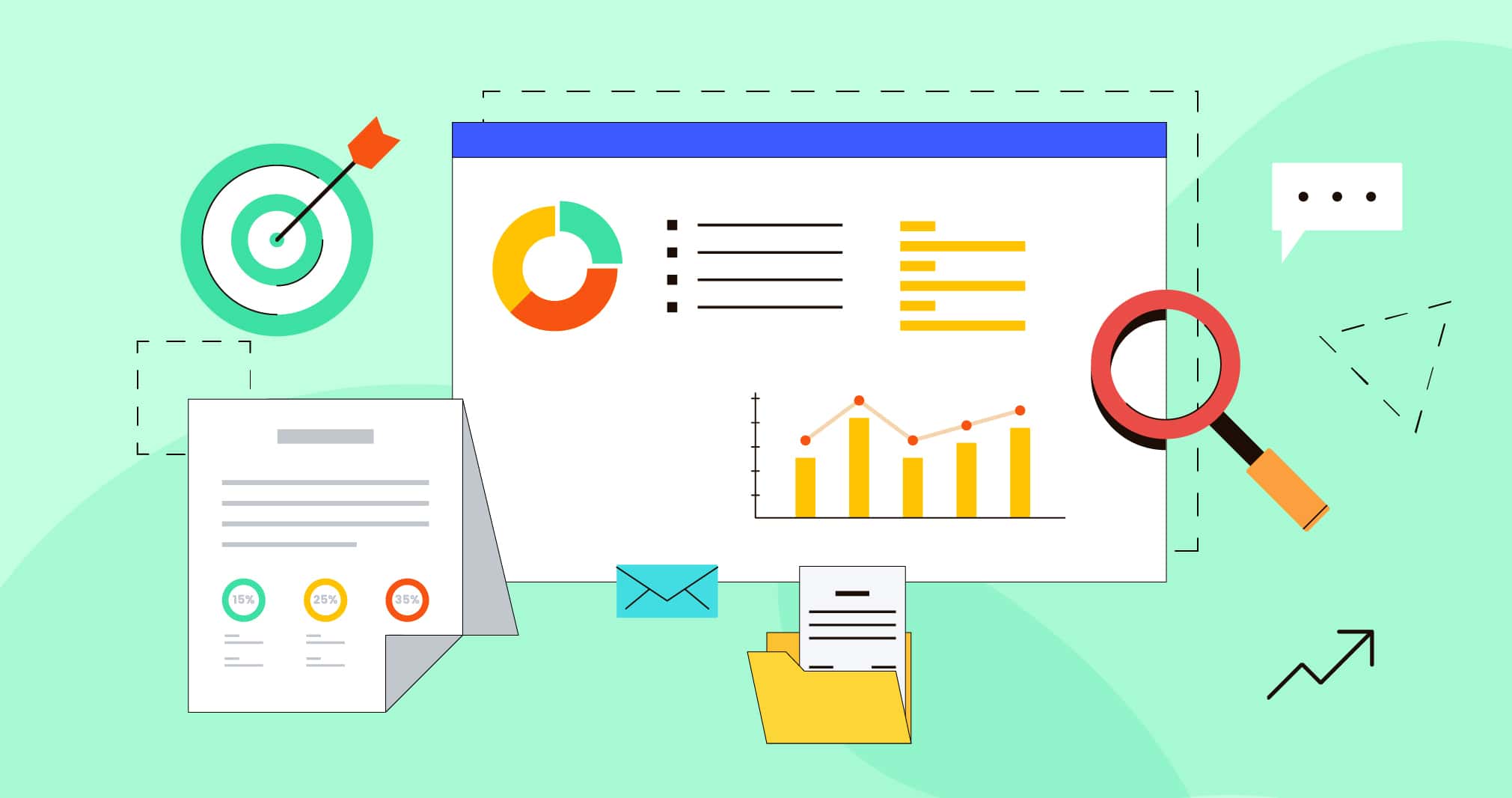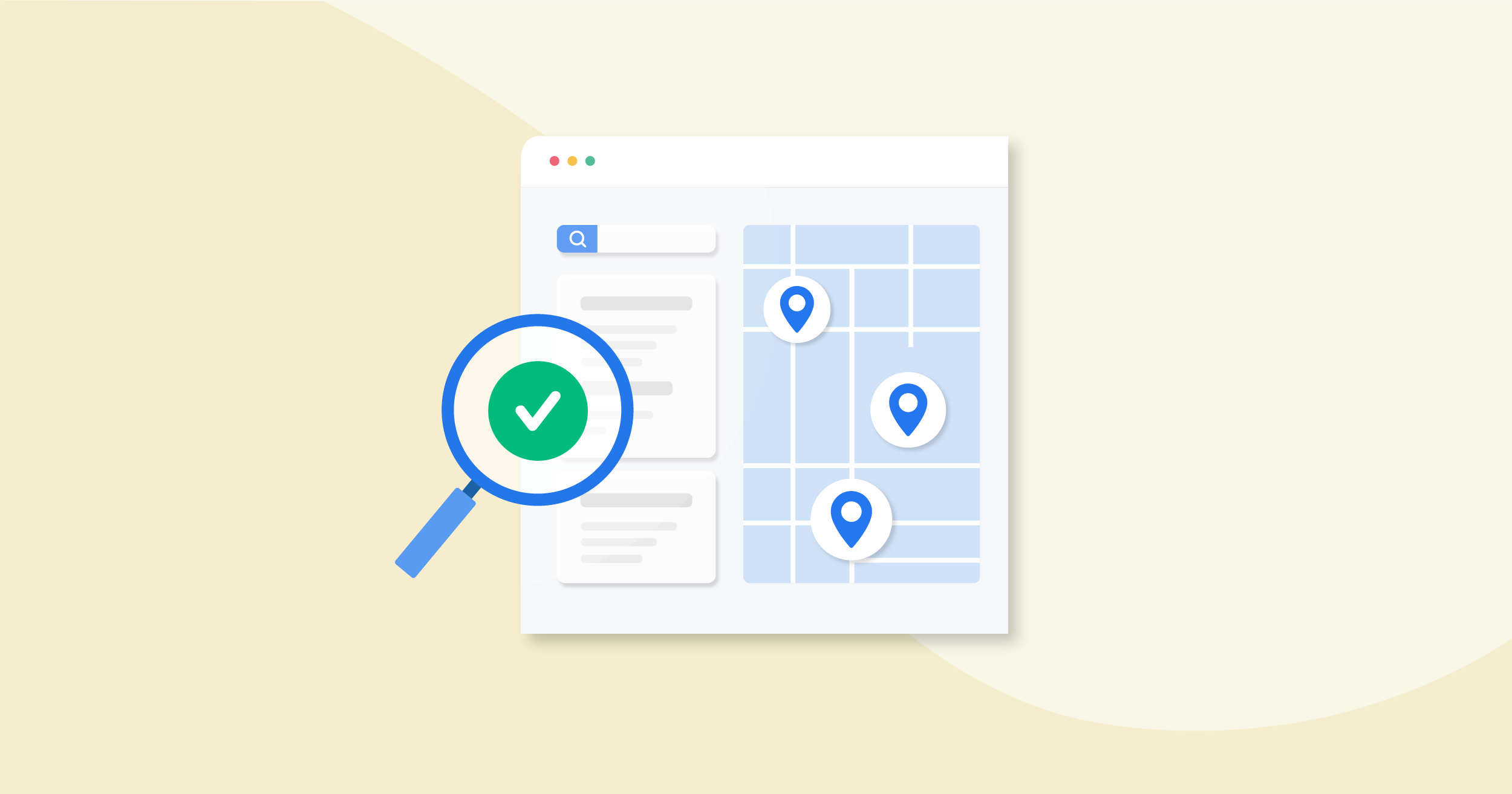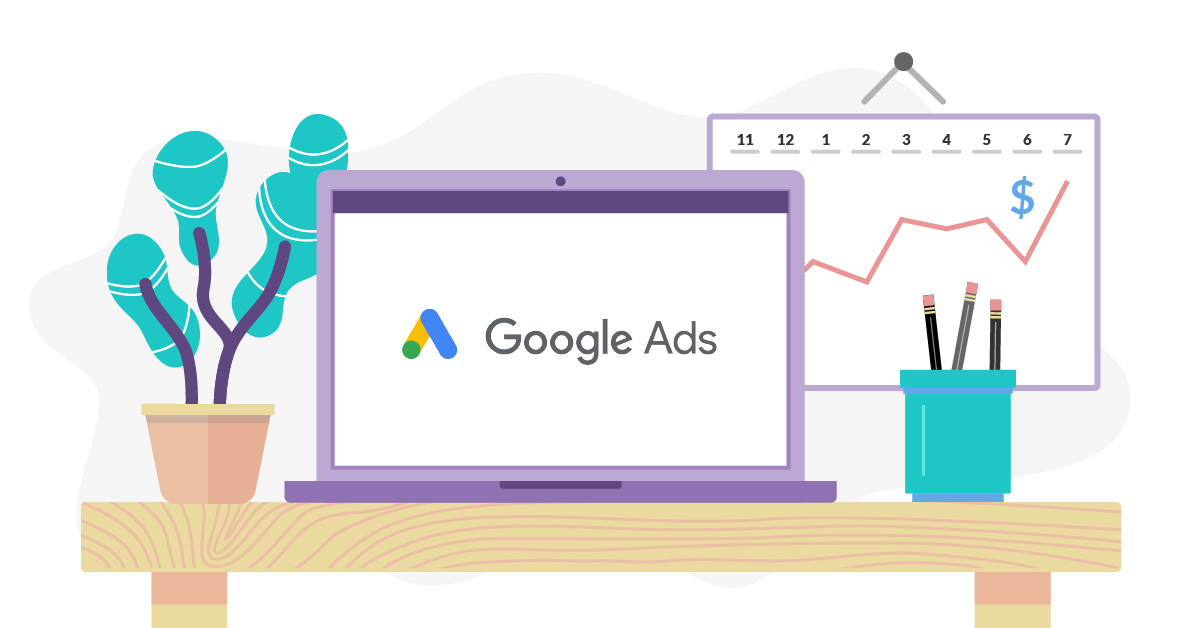Discover effective strategies to enhance your small business's online presence and attract more customers.
Understanding the Importance of Online Presence
In today's digital age, having a strong online presence is crucial for small business owners in North Port. With more and more customers turning to the internet to find products and services, it is essential to make sure your business can be easily found online. An online presence not only helps you reach a wider audience but also builds credibility and trust with potential customers.
Having a website is the foundation of your online presence. It serves as a virtual storefront where customers can learn more about your business and make purchases. A well-designed and user-friendly website is essential for making a positive first impression and keeping visitors engaged. Additionally, optimizing your website for search engines will help improve its visibility in online search results, driving more organic traffic to your site.
Optimizing Your Website for Search Engines
To improve your online presence, it's important to optimize your website for search engines. This involves implementing various strategies to improve your website's visibility in search engine results pages (SERPs).
Start by conducting keyword research to identify relevant keywords and phrases that potential customers might use when searching for products or services like yours. Incorporate these keywords naturally into your website's content, meta tags, and headings to improve your search engine rankings.
Another important aspect of website optimization is improving your website's loading speed. Slow-loading websites can frustrate visitors and negatively impact your search engine rankings. Optimize your images, minify your CSS and JavaScript files, and leverage browser caching to improve your website's performance.
Additionally, make sure your website is mobile-friendly. With the increasing number of people accessing the internet through their smartphones and tablets, having a responsive website design is crucial. This ensures that your website looks and functions well on all devices, providing a seamless user experience.
Regularly updating your website with fresh and relevant content is also important for search engine optimization. This can include publishing blog posts, adding new product pages, or updating existing content. Search engines favor websites that provide valuable and up-to-date information to users.
Lastly, don't forget to optimize your website's meta tags, including the title tag and meta description. These tags provide a brief summary of your webpage's content and play a crucial role in attracting users to click on your website in search engine results.
Leveraging Social Media Platforms
Social media platforms offer a powerful way to enhance your online presence and engage with your target audience. By leveraging platforms like Facebook, Instagram, Twitter, and LinkedIn, you can reach a wider audience, build brand awareness, and drive traffic to your website.
Start by identifying the social media platforms that are most relevant to your target audience. For example, if you're targeting a younger demographic, platforms like Instagram and Snapchat might be more effective. Once you've identified the platforms, create compelling profiles that accurately represent your brand and provide relevant information about your business.
Consistency is key when it comes to social media. Regularly post high-quality content that is valuable to your audience. This can include informative blog posts, engaging videos, behind-the-scenes peeks into your business, or special promotions. Engage with your followers by responding to comments, messages, and reviews in a timely manner.
In addition to organic content, consider investing in social media advertising. Platforms like Facebook and Instagram offer targeted advertising options that allow you to reach specific demographics and interests. This can help you effectively promote your products or services to potential customers.
Lastly, monitor your social media performance using analytics tools provided by the platforms. This will help you understand what content resonates with your audience, which platforms are driving the most engagement, and how to optimize your social media strategy for better results.
Creating Engaging and Relevant Content
One of the most effective ways to improve your online presence is by creating engaging and relevant content. Content marketing involves creating and sharing valuable content that attracts and retains customers, ultimately driving profitable customer action.
Start by understanding your target audience and their needs. What are their pain points? What information or solutions are they seeking? Use this knowledge to create content that addresses their specific needs and provides value.
Consider creating a blog on your website where you can regularly publish informative and engaging articles related to your industry. This not only establishes you as an authority in your field but also improves your website's search engine rankings. Share your blog posts on social media to expand their reach and attract more readers.
In addition to written content, consider diversifying your content formats. This can include videos, infographics, podcasts, or interactive content. Different formats appeal to different audiences and can help you reach a wider range of potential customers.
Don't forget to optimize your content for search engines by incorporating relevant keywords and phrases. This will improve your content's visibility in search engine results and drive organic traffic to your website.
Lastly, regularly analyze your content's performance to understand what type of content resonates with your audience and drives the most engagement. Use this information to refine your content strategy and create even more impactful content in the future.
Monitoring and Analyzing Your Online Performance
Monitoring and analyzing your online performance is crucial to understand the effectiveness of your online presence strategies and make data-driven decisions.
Start by setting up website analytics tools like Google Analytics. This will provide you with valuable insights into your website's traffic, user behavior, and conversions. You can track metrics like the number of visitors, bounce rate, average session duration, and conversion rates to measure the success of your online presence efforts.
In addition to website analytics, monitor your social media performance using the analytics tools provided by the platforms. This will help you understand which platforms are driving the most engagement, what type of content performs best, and how to optimize your social media strategy.
Regularly review your online performance data and identify areas for improvement. Are there any pages on your website that have a high bounce rate? Are certain social media posts receiving more engagement than others? Use this information to make data-driven decisions and refine your online presence strategies.
Lastly, keep an eye on your online reviews and ratings. Positive reviews can significantly boost your online reputation and attract more customers. Respond to reviews, both positive and negative, in a professional and timely manner to show that you value customer feedback and are committed to providing excellent service.










